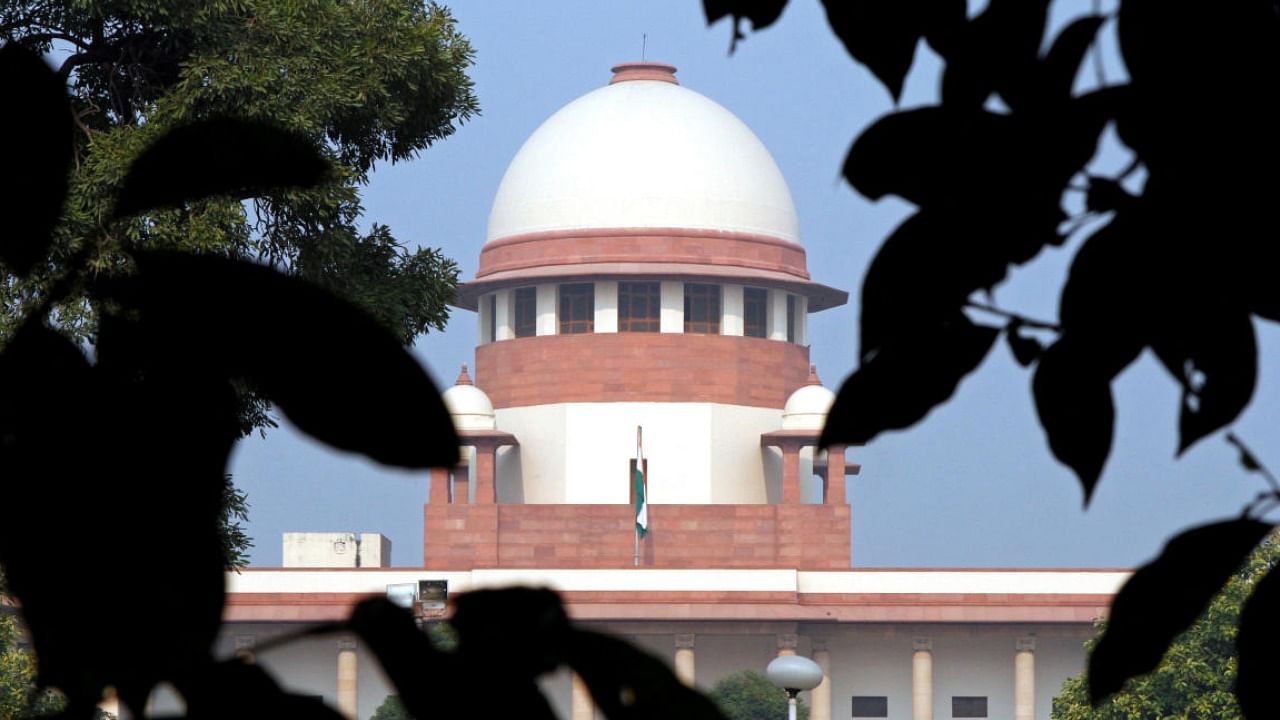
The Supreme Court on Tuesday modified the mandate to seek a magistrate’s approval for withdrawal or withholding of life support to a terminally ill person.
A five-judge Constitution bench presided over by Justice K M Joseph said now the document will be signed by the executor of the living will. Two attesting witnesses, preferably independent, should be there when the document is signed and attested before a notary or gazetted officer, the bench said.
The bench also agreed to take on board a suggestion that the executor should hand over a copy of the advance directive to the family physician, if there is any.
The apex court introduced these changes in order to make the guidelines on “living will”, which is an advance medical directive on end-of-life treatment, more workable.
The bench -- also comprising Justices Ajay Rastogi, Aniruddha Bose, Hrishikesh Roy, and Justice C T Ravikumar – said that the notary and the witnesses should record their satisfaction that the document has been executed voluntarily and there was no coercion involved.
The bench also agreed to a recommendation that the treating physician when learns about the advance directive, then he should determine the authenticity of the document.
During the hearing in the matter, the top court had pulled up the central government for not enacting a law on passive euthanasia as laid down in its 2018 judgment.
The top court had last week said it will not review its 2018 judgment on passive euthanasia and instead it would modify the guidelines on “living will” to make it more effective.
